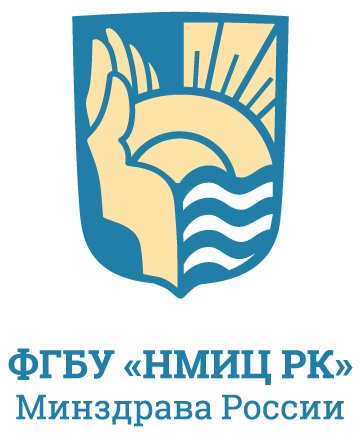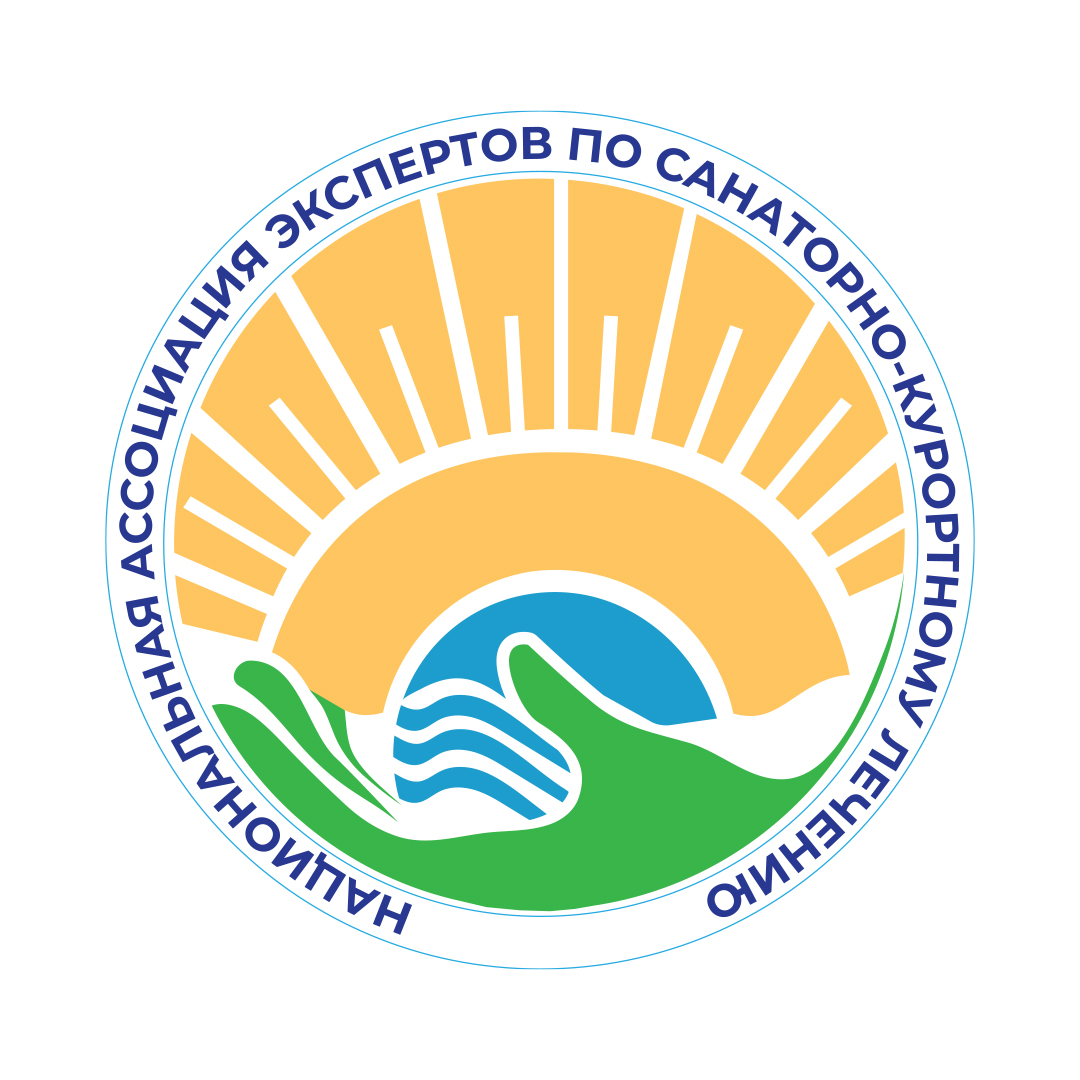Issue №4-92, 2019
Local skin temperature reaction as a criterion of dmwtherapy effectiveness and safety in postoperative period in children with destructive appendicitis
1 Solovyeva Y.R., 1 Karaseva O.V., 1 Vasilyeva M.F., 2 Petrichuk S.V.
1 Clinical and Research Institute of Emergency Pediatric Surgery and Traumatology, Moscow, Russia
2 National Center of Children’s Health, Moscow, Russia
ABSTRACT
To assess effectiveness of physiotherapy is not an easy task. 120 children, aged 3 – 17, who were operated on for variousforms of destructive appendicitis, were taken into the study. Boys – 54.1% (n-65), girls – 45.9% (n –55); average age 10,7+ 3,3 years. In the main group, patients had decimeter-wave therapy (DMW-therapy) sessions since the first day of theirpostoperative period. Patients in the comparison group had no any physiotherapeutic sessions. Thermography was usedto assess DMW-therapy effectiveness. By the 5th postoperative day, skin temperature in postoperative zone and differencetemperature between right and left iliac regions were normalized in patients from the main group both in case of destructiveappendicitis (DA) and appendicular peritonitis (AP). It indicates the acceleration of regression inflammatory changesunder the decimeter-wave irradiation. Thermography can be a tool for evaluating DMW-therapy effectiveness in childrenwith destructive appendicitis.
KEYWORDS: physiotherapy, children, destructive appendicitis, appendicular peritonitis, DMW-physiotherapy, medical thermography.
References:
- Gorodkov S.Y., Morozov D.A., Karpov S.A., Masevkin V.G., Nikolaev A.V., Belova N.A. Endovideohirurgicheskoe lechenie detej s appendikulyarnom peritonitom // Rossijskij vestnik detskoj hirurgii, anesteziologii i reanimatologii.2013;1; 16 - 21.
- Valiullina S.A., Ivanova D.A., Burakov A.A. Organizaciya fizioterapevticheskogo lecheniya detej v g. Moskve na etapah medicinskoj reabilitacii // Vest-nik vosstanovitel’noj mediciny. 2018;3(85);8-13.
- Pogonchenkova I.V., Han M.A., Lyan N.A. Sanatorno-kurortnoe lechenie detej v sanatoriyah Departamenta Zdravoohraneniya Moskvy // Vestnik vosstanovitel’noj mediciny. 2017;3(79);15-18.
- Ponomarenko G.N. Fizioterapiya: Nacional’noe rukovodstvo. Moskva: GEOTAR-Media; 2014; 854 s.
- Han M.A., Razumov A.N., Korchazhkina N.B, Pogonchenkova N.V. Fizicheskaya i reabilitacionnaya medicina v pediatrii. Moskva: GEOTARMedia;2018. 404 s.
- Zagitov A.R. Etapnoe lechenie i reabilitaciya detej, perenesshih appendikulyarnyj peritonit, v usloviyah sanatoriya: avtoref. dis. .kand. med. nauk: Ufa, 2002. 22 s.
- Poberskaya V.A. Ispol’zovanie mineral’nyh vod Kryma v lechebno-profilakticheskih celyah. //Vestnik vosstanovitel’noj mediciny. 2017;3(79); 29-32.
- Poberskaya V.A., Lyan N.A.Osnovnye napravleniya ispol’zovaniya peloidoterapii v Krymu. // Vestnik vosstanovitel’noj mediciny. 2016;6(76); 46-49.
- Han M.A., Pogonchenkova I.V Sovremennye problemy i perspektivnye napravleniya razvitiya detskoj kurortologii i sanatorno-kurortnogo lecheniya // Vestnik vosstanovitel’noj mediciny. 2018;3(85);2-7.
- Labuzov D.S., SHestakova V.N., Tarasov A.A. Dinamika sostoyaniya zdorov’ya detej, perenesshih ostryj appendicit v period shkol’nogo obucheniya // Voprosy prakticheskoj pediatrii. 2010;3(5);21-211.
- Kasatkin M.S. Kineziotejpirovanie: istoriya sozdaniya original’noj metodiki i svojstva kineziotejpov (lekciya) // Sportivnaya medicina: nauka i praktika. 2015; 1;77-81.
- Kasatkin M.S. Kineziotejpirovanie: terminologiya metodiki, pokazaniya i protivopokazaniya k ee primeneniyu. Osnovnye mekhanizmy dejstviya kine-ziotejpov // Sportivnaya medicina: nauka i praktika. 2015;2;82-88.
- Hamidulina O.N., Pogosyan I.A., Marchuk YU.V. Kineziotejpirovanie u detej s dorsopatiej shejnogo otdela pozvonochnika // Sportivnaya medicina: nauka i praktika. 2016; 3;70-75.
- Antropov E.S., CHerkasova V.G., Murav’ev S.V., Pecherskij V.I. Kineziologtcheskoe tejpirovanie v korrekcii deformacii pozvonochnika u detej na doklin-icheskoj stadii yunosheskogo idiopaticheskogo skolioza // Sportivnaya medicina: nauka i praktika. 2016;3;54-64.
- Kisilev D.A., Gubanov V.V., Lajsheva O.A., Levkov V.YU., Levkova T.V // Sportivnaya medicina: nauka i praktika. 2016;3; 67-73.
- Matveev O.B., Moroz G.A. Perspektivy primeneniya gidroplanshetnoj tekhnologii dlya reabilitacii v travmatologii. 2015;3;70-75.
- Han M.A., Rassulova M.A., Korchazhkina N. B., Aleksandrova O.YU., Kuyanceva L.V., Bykova N.I. Profilaktika ostryh respiratornyh zabolevanij v detskih uchrezhdeniyah ozdorovitel’nogo tipa // Vestnik vosstanovitel’noj mediciny. 2017;3(79);35-40.
- Kurganova A.V., Eliseeva, L.V., Tataurova V.P., Semenyak E.G., Gavrilova O.F. Sanatorno-kurortnoe lechenie detej s neoperirovannymi vrozhdennymi porokami serdca // Vestnik vosstanovitel’noj mediciny. 2017; 3; 41-45
- Solov’eva E.R., Vasil’eva M.F., Karaseva O.V., Vasil’eva I.V. Metodika DMV-terapii v kompleksnom lechenii destruktivnogo appendicita i ego oslozhnenij u detej v posleoperacionnom periode // Fizioterapiya, bal’neologiya i reabilitaciya. 2015; 3: 23-27.
- Morozov A.M. Termografiya v diagnostike ostrogo appendicita. Vrach-aspirant.2017; 2.2(81):273-380
- Kosyakova T.E. Elektromagnitnoe pole sverhvysokoj chastoty (460mGc i 2375 mGc) v kompleksnom lechenii gematogennogo osteomielita u detej: avtoref. diss. kand. med.nauk. Moskva, 1991; 19 s.
- Vasil’eva M.F.Tok nadtonal’noj chastoty v kompleksnom lechenii detej s hronicheskimi vospalitel’nymi zabolevaniyami mochevyh putej: avtoref dis. kand. med.nauk. Moskva., 1983; 22 s.
- Kozhevnikova I. S., Pankov M. N., Gribanov A. V., Starceva L. F., Ermoshina N. A. Primenenie infrakrasnoj termografii v sovremennoj medicine (obzor literatury) // Ekologiya cheloveka.2017; 2;39-46.
- Shusharin A.G., Morozov V.V., Polovinka M.P. Medicinskoe teplovidenie -sovremennye vozmozhnosti metoda // Sovremennye problemy nauki i ob-razovaniya. - 2011; 4; 10.
- Haritonova L.A. Termorel’ef kozhi zhivota zdorovyh detej. Tezisy dokladov Vsesoyuznoj konferencii «Teplovizionnaya medicinskaya apparatura i praktika ee primeneniya - «TeMP 85» Leningrad; 1982; 383-385.
- Zayac G.A., Koval’ V.T. Medicinskoe teplovidenie - sovremennyj metod funkcional’noj diagnostiki // Zdorov’e. Medicinskaya ekologiya. Nauka. 2010; 3; 27-33.
- Karaseva O.V. Abscediruyushchie formy appendikulyarnogo peritonita u detej: Diss. dok.med. nauk. Moskva, 2006; 269 s.
©
This is an open article under the CC BY 4.0 license. Published by the National Medical Research Center for Rehabilitation and Balneology.






